Directory
- Share
Emma Powers
- Scholar
- United States
- 2025 MPhil Medical Science at the Department of Oncology
- Churchill College
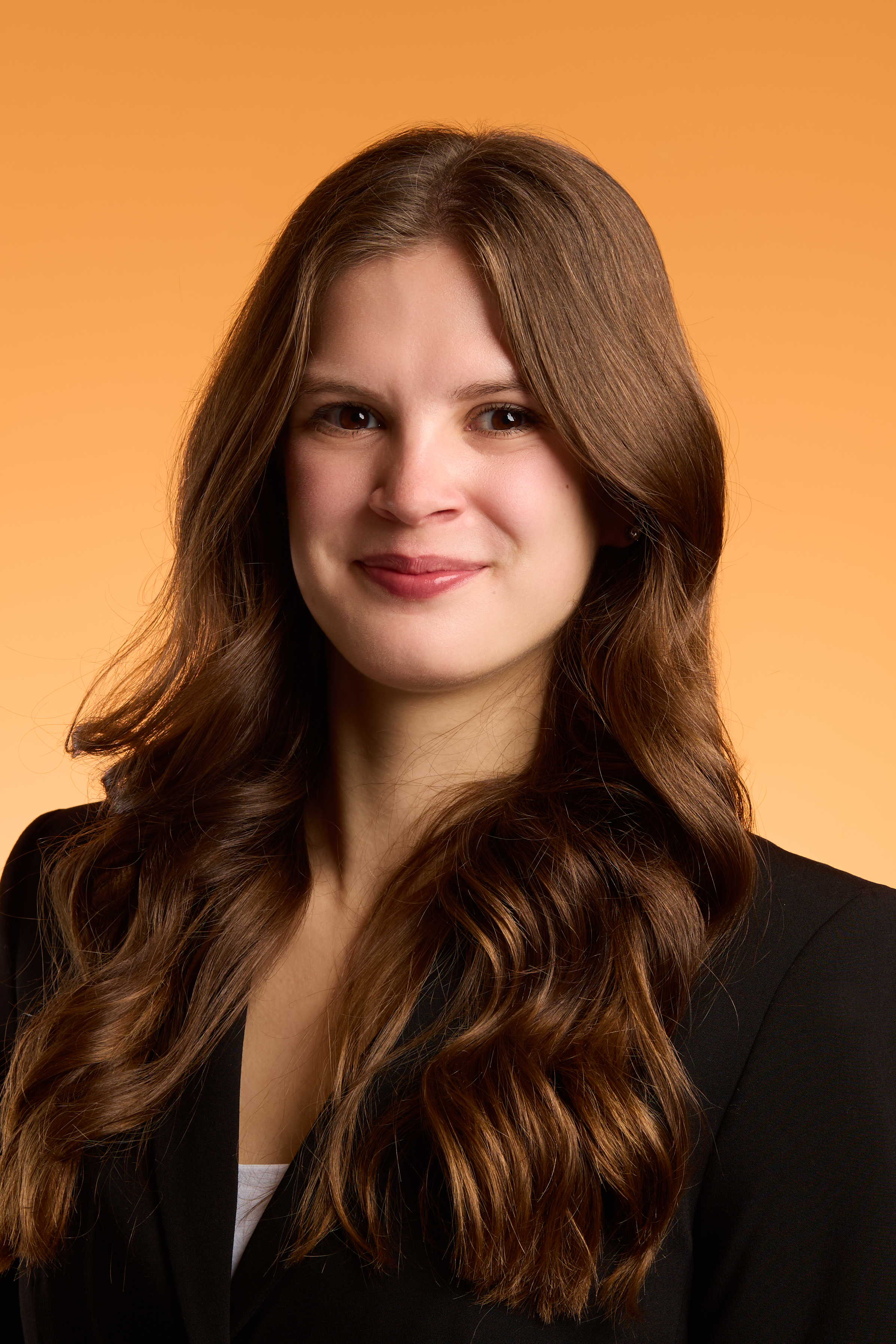
Emma Powers
- Scholar
- United States
- 2025 MPhil Medical Science at the Department of Oncology
- Churchill College
Originally from Minneapolis, Minnesota, I majored in Biochemistry with a minor in Data Science at the University of Notre Dame. During my undergraduate research, I became interested in identifying and developing novel cancer therapeutics to improve patient outcomes and quality of life. At the University of Cambridge, I will complete an MPhil in Medical Sciences for Oncology in Dr. Rebecca Fitzgerald’s group at the Early Cancer Institute. My project will use patient-derived organoids to identify key genes and explore potential therapeutic avenues in hereditary diffuse gastric cancer (HDGC). This research will provide a further understanding of the key molecular pathways driving this cancer to provide a better idea of how to slow or prevent the progression of HDGC. Engaging in this research, I aspire to contribute significantly to improving the prevention of HDGC and advance my scientific skill set throughout my predoctoral experience. I am honored to enter the esteemed Gates Cambridge Community and look forward to beginning my work.
Previous Education
University of Notre Dame Biochemistry
Shawn Powers
- Alumni
- United States
- 2008 MPhil Development Studies
- Emmanuel College
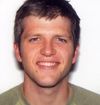
Shawn Powers
- Alumni
- United States
- 2008 MPhil Development Studies
- Emmanuel College
At Cambridge, I intend to pursue an MPhil in Development Studies, and in so doing return the focus of my career to anti-poverty work in the international arena. Equipped with the deeper knowledge of development theory and practice that I would gain from this interdisciplinary program, I hope to take on a leadership role in a non-governmental or multilateral development institution.
Pritika Pradhan
- Alumni
- India
- 2009 BAaff English
- Lucy Cavendish College

Pritika Pradhan
- Alumni
- India
- 2009 BAaff English
- Lucy Cavendish College
I am currently a Lecturer (assistant professor) Nineteenth-Century Literature at the University of York, UK. I studied in India, my home country, till 2009, when I completed a BA degree in English at Delhi University, Lady Shri Ram College. The same year I moved to Cambridge to pursue a BA (affiliated) degree in English at Lucy Cavendish College as a Gates Scholar (2009-11). I then completed a PhD in English, specializing in Victorian literature and aesthetics, at Rutgers University, New Jersey, and an MFA in Creative Writing at Minnesota State University, Mankato.
Apart from scholarship and teaching, I enjoy reading (and writing) fiction, history, taking long walks, and trying to stuff as many activities in a London day as is possible. I am currently working on my first monograph (on details in Victorian literature and aesthetics) and my first novel.
Previous Education
Lady Shri Ram College for Women, New Delhi BA (Hons.) English 2009
Links
John Prendergast
- Alumni
- Ireland
- 2003 PhD Engineering
- Wolfson College
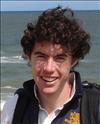
John Prendergast
- Alumni
- Ireland
- 2003 PhD Engineering
- Wolfson College
Elizabeth Presser
- Alumni
- United States
- 2014 MPhil Public Policy
- Sidney Sussex College
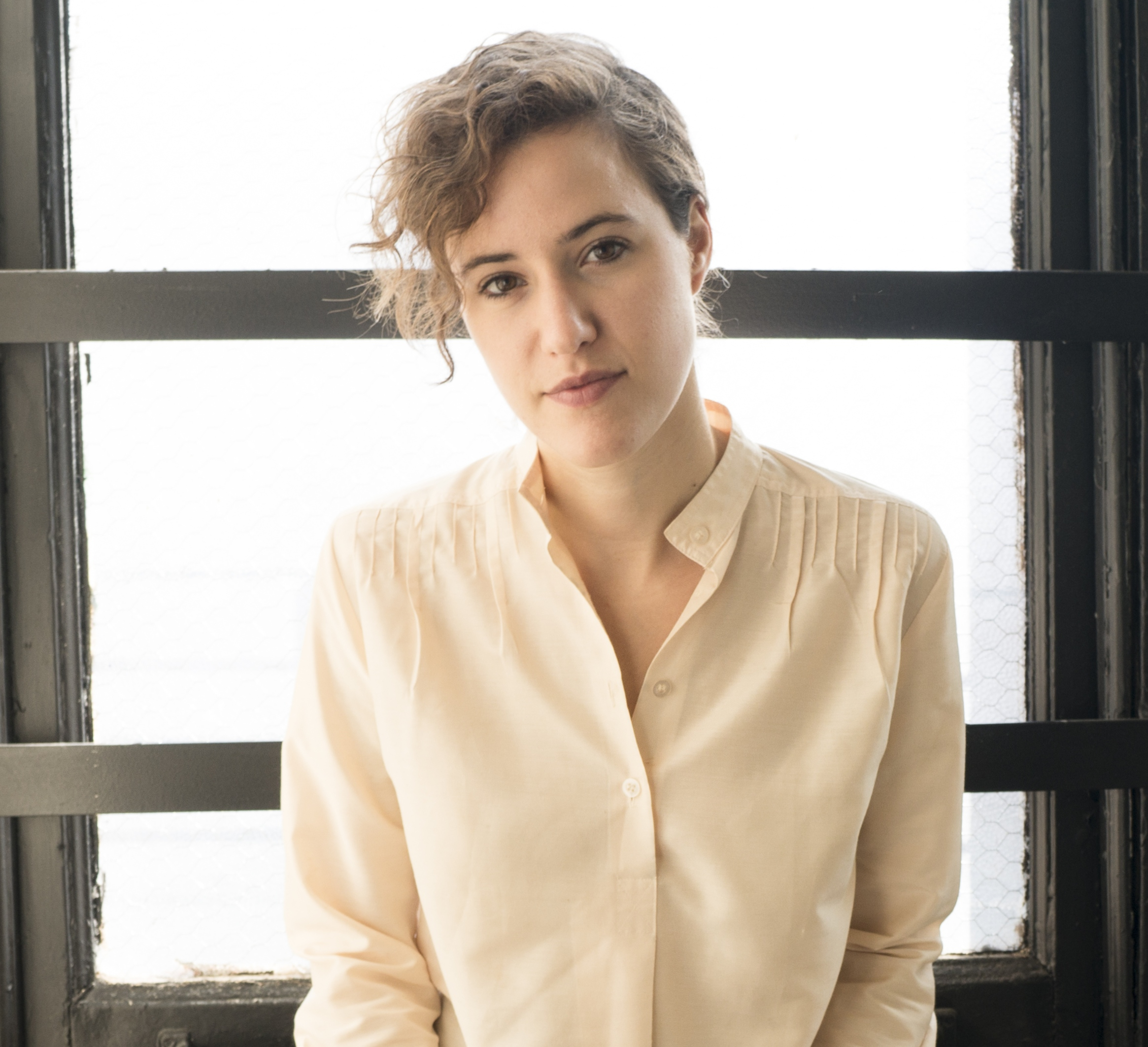
Elizabeth Presser
- Alumni
- United States
- 2014 MPhil Public Policy
- Sidney Sussex College
I am a journalist in New York who writes on inequality, poverty, and social services. I'm currently a contributing writer to The California Sunday Magazine. I have also reported from Thailand, the Philippines, and Britain. At Cambridge, I studied for a master's in public policy, and previous to that, I graduated from Princeton University. My work has appeared in The California Sunday Magazine, The Guardian, The Independent, Harper’s online, and Politico, among others.
Previous Education
Princeton University Classics 2010
Meredith Price
- Alumni
- United States
- 2001 MPhil History and Philosophy of Science and Medicine
2002 PhD History & Philosophy of Science - Darwin College
Meredith Price
- Alumni
- United States
- 2001 MPhil History and Philosophy of Science and Medicine
2002 PhD History & Philosophy of Science - Darwin College
After completing my Ph.D. on the media coverage of DNA research between 1953 and 2003, I returned to medical school, completed a residency in Obstetrics & Gynecology and am currently completing a Fellowship in Reproductive Endocrinology & Infertility
Giovanni Procopio
- Alumni
- Italy
- 2003 MASt Applied Mathematics
2004 PhD Theoretical Physics - Churchill College

Giovanni Procopio
- Alumni
- Italy
- 2003 MASt Applied Mathematics
2004 PhD Theoretical Physics - Churchill College
I am interested in exploring and identifying the basic principles governing the generation and the behaviour of energy and matter. During my time spent in Cambridge I hope to develop the skills I need to do research in theoretical physics leading to greater understanding of the basic laws of nature. I would also like to be part of the University's ifluential international alumni network and I think that being a Gates Scholar will help to accomplish this ambition.
Jeffrey Pullin
- Scholar
- Australia, United Kingdom
- 2023 PhD Biostatistics
- Girton College
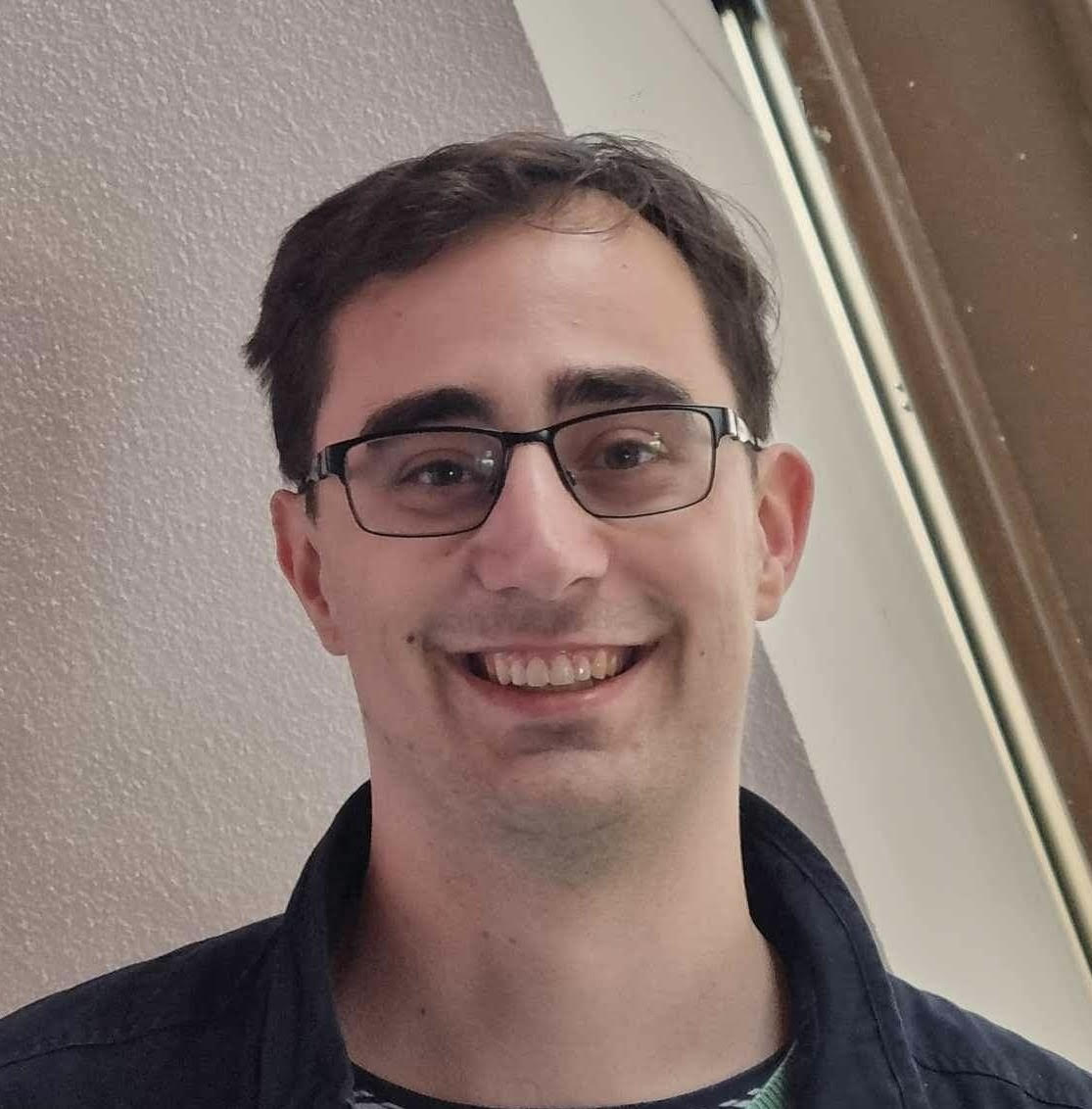
Jeffrey Pullin
- Scholar
- Australia, United Kingdom
- 2023 PhD Biostatistics
- Girton College
During my undergraduate studies, I became fascinated by first statistics, and then, after an internship at a medical research institute, by the ability of statistics to contribute to fundamental research in biology. I completed a Bachelor of Science and then a Master of Science (Mathematics and Statistics) both at the University of Melbourne. In my MSc thesis, I critically compared statistical methods for selecting genes that distinguish biological cell-types in single-cell transcriptomics data. In my PhD research, I will aim to improve the statistical methodology used in genetic colocalisation analyses, with a particular focus on the ‘coloc’ software. Colocalisation analysis aims to determine whether multiple observed traits share an underlying genetic cause, with the aim of understanding how traits may mediate each other. By incorporating recent advances in our understanding of genetics into coloc’s statistical methodology, I hope to improve its performance for both fundamental genetics research and in drug discovery pipelines.It is a great honour to be joining the Gates Cambridge community, and I look forward to commencing my research at the MRC Biostatistics Unit, with the ultimate goal of improving the lives of others.
Previous Education
University of Melbourne Maths 2021
University of Melbourne Science 2019
Ellen Purdy
- Alumni
- United States
- 2019 MPhil Chemistry
2020 PhD Chemistry - Lucy Cavendish College
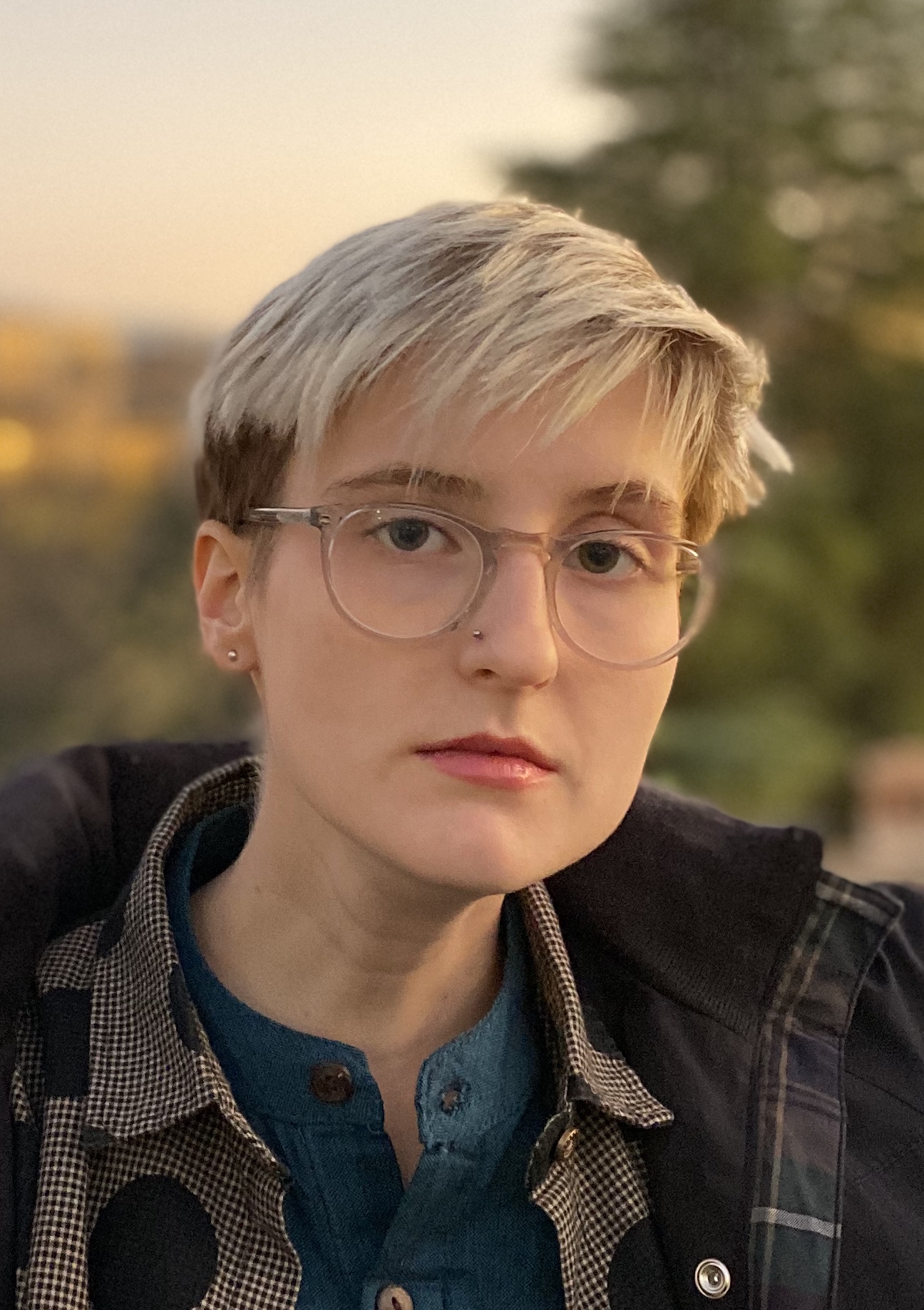
Ellen Purdy
- Alumni
- United States
- 2019 MPhil Chemistry
2020 PhD Chemistry - Lucy Cavendish College
As an undergraduate at the University of Chicago majoring in Chemistry, I identified art conservation as a field that brings together may love of scientific research and knowledge of art history. The work of conservation scientists often goes unseen, but is crucial to understanding and preserving works of art and culture for future generations. At Cambridge, I will work in Dr. Stephen Elliott's lab on the application of Raman Spectroscopy to non-destructive analysis of paint pigments. The goal of this work is to further our understanding of the technical and aesthetic choices of artists as well as the effects of previous restoration work done on paintings. In the course of my work, I hope to use the Hamilton Kerr Institute of easel painting conservation at Cambridge to learn more about the art historical side of this field as well. I also plan to explore the great hiking and used bookstore scene around Cambridge.
Previous Education
University of Cambridge Physical chemistry 2020
University of Chicago Chemistry 2019
Gwendolyn Pyeatt
- Alumni
- United States
- 2021 PhD Biochemistry
- Churchill College
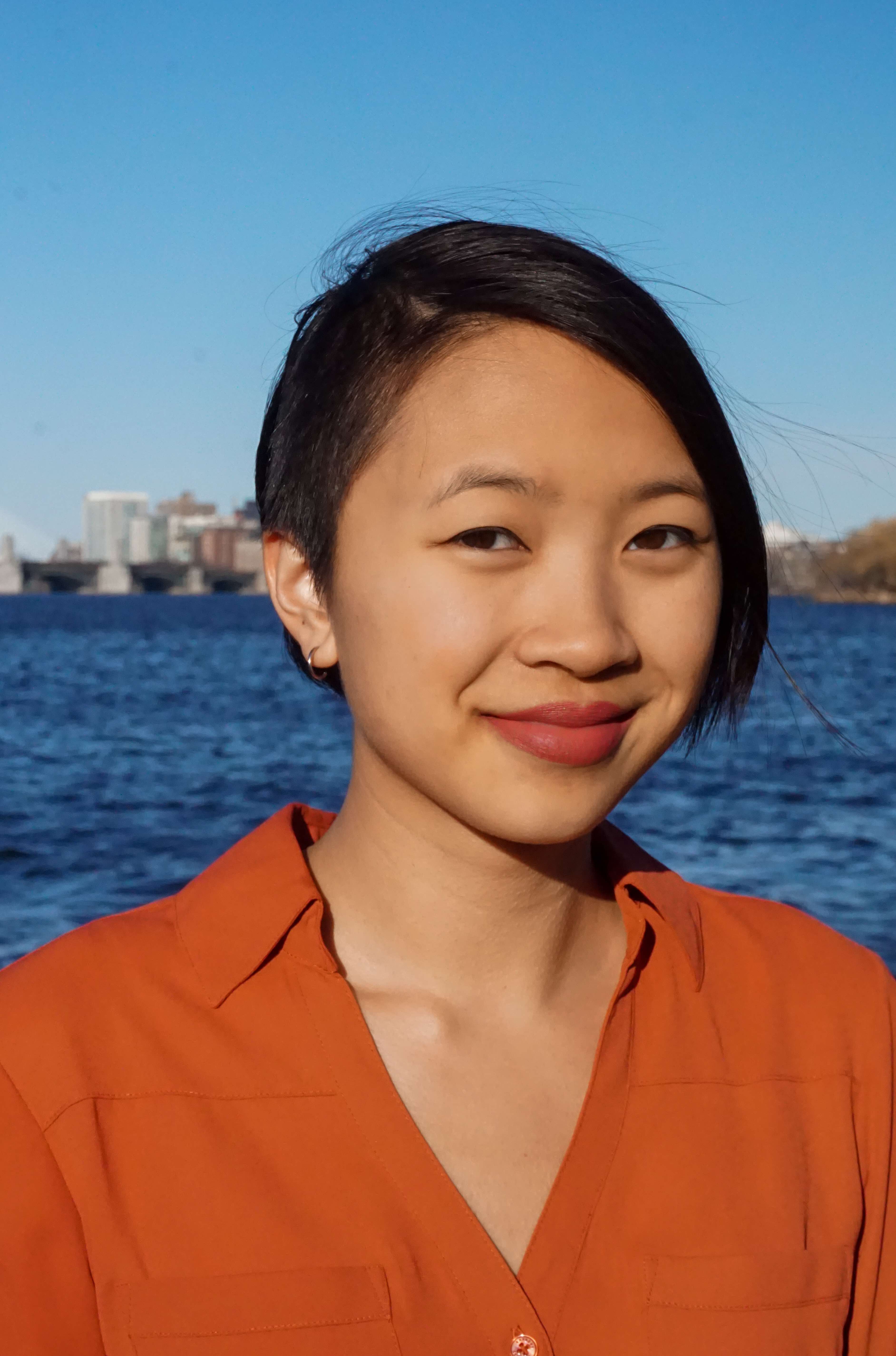
Gwendolyn Pyeatt
- Alumni
- United States
- 2021 PhD Biochemistry
- Churchill College
The ability to determine the detailed structures of macromolecules has always amazed me. In 7th grade, I was invited to participate in Project CRYSTAL, a program that pairs middle school students with PhD candidates to solve a protein structure using X-ray crystallography. I fell in love with X-ray crystallography again as an undergraduate student at Boston University and decided to specialize in structure-based drug discovery to contribute to the advancement of medicine. Outside of the lab, I also enjoyed sharing my passion for science with my community in the Greater Boston area. My experiences tutoring math and science in jails and prisons brought me out of the academia bubble and forced me to confront the impact of my research on marginalized groups. In the United States, high drug prices often prevent people from receiving their prescribed medications. During my PhD in Biochemistry, I plan to use protein structures to design novel therapeutics that restore muscle mass in patients with muscle atrophy disorders. My ultimate goal is to start my own pharmaceutical company modeled after Distributed Bio, which was launched without venture capital and can thus set affordable drug prices while remaining profitable.
Previous Education
Boston University Biotechnology 2021
Dena Qaddumi
- Alumni
- United States
- 2016 PhD Architecture
- Darwin College
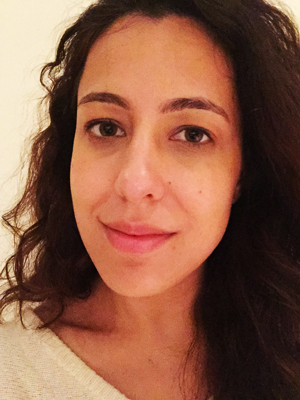
Dena Qaddumi
- Alumni
- United States
- 2016 PhD Architecture
- Darwin College
My research spans architectural and urban studies with a focus on cities in the Global South. I am particularly interested in how urban space consolidates as a site of conflict during periods of political and cultural transformation.
My PhD dissertation 'Post-Arab Spring Tunis: Materializing Revolution in the City' was supervised by Prof Wendy Pullan. The work foregrounded the city, and not the state, in understanding revolutionary trajectories. Drawing on fieldwork in Tunis, it demonstrated how political and cultural sites of power in the city become contested as revolution continues and evolves. These contestations do not constitute a break from history, but rather its problematization, as imperial and colonial urban legacies are considered in a new light.
Prior to my PhD, I worked in architecture, planning and higher education in New York, London, Palestine and Doha.
Previous Education
University of Texas Austin
University College London
Asa Quasney Wardat
- Scholar
- United States
- 2025 MPhil Architecture and Urban Studies
- Magdalene College
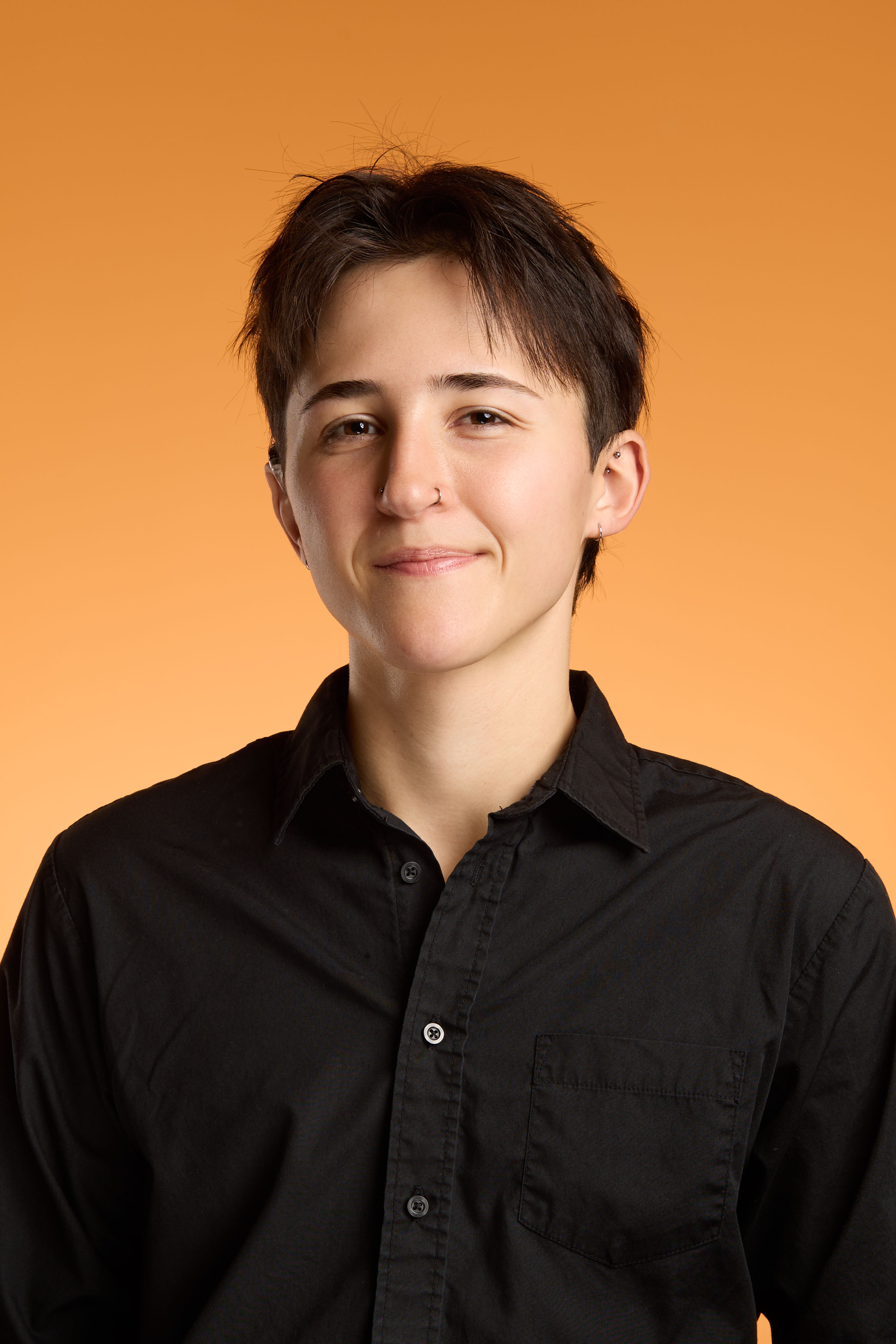
Asa Quasney Wardat
- Scholar
- United States
- 2025 MPhil Architecture and Urban Studies
- Magdalene College
I am a researcher with interests in disaster management, sustainable architecture, accessible design, and disability justice. I completed my undergraduate education at Williams College (class of 2025), where I majored in geosciences with a concentration in coastal and ocean studies. My academic career is guided by a deep curiosity about design in extreme environments, including both physical extremes (climate change, natural hazards, resource scarcity, and geographic isolation) and social extremes (crisis and conflict zones, cultural marginalization, and economic disparity). My undergraduate thesis mapped the effects of inundation on critical infrastructure in hurricane-prone coastal Louisiana, raising questions about infrastructure resilience (or lack thereof) in disaster zones. My MPhil research will investigate the architectural evidence of disability in protracted displacement, focusing on how displaced disabled individuals adapt to “temporary” residences and resist spatial violence.As a Deaf and multiply disabled researcher, my lived experiences profoundly inform my work and my commitment to adaptive design solutions that challenge structural inaccessibility and disability exclusion.
Previous Education
Williams College Geosciences
Michelle Quay
- Alumni
- United States
- 2013 PhD Asian and Middle Eastern Studies
- Pembroke College
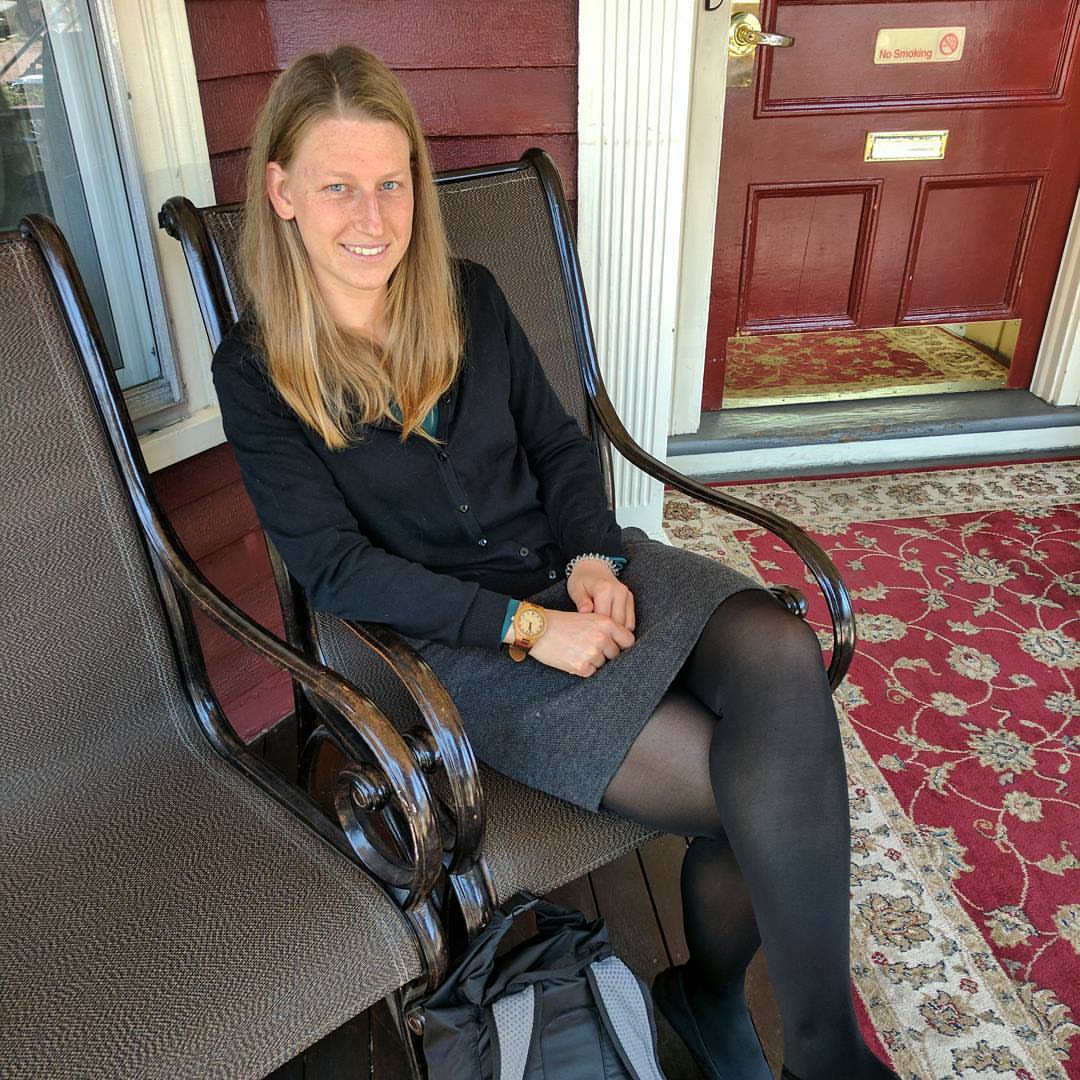
Michelle Quay
- Alumni
- United States
- 2013 PhD Asian and Middle Eastern Studies
- Pembroke College
After graduating from UCLA with an MA in Iranian Studies, I will be heading to Cambridge to work on Premodern Persian Literature. With my time as PhD student in Cambridge, I hope to examine the surprisingly diverse body of Persian and Arabic Medieval texts that deal with women's positions and capabilities within the field of Islamic mysticism, or Sufism. I am particularly interested in female "saint"-type figures (awliya), who find some parallels in the Christian tradition. I began studying Persian informally in 2005 and formally in 2007.
Alexander Quent
- Alumni
- Germany
- 2017 PhD Biological Science at the MRC Cognition and Brain Sciences Unit
- Clare Hall
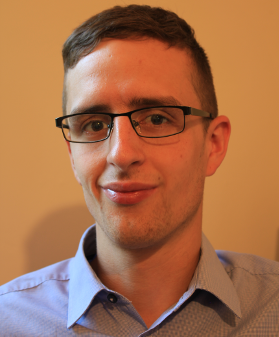
Alexander Quent
- Alumni
- Germany
- 2017 PhD Biological Science at the MRC Cognition and Brain Sciences Unit
- Clare Hall
Functioning memory is one of the most crucial cognitive competences that shape who we as human beings are. This sparks my general interest in (long term) memory. Specifically, I am keen to know what aspects of a situation as well as of the past and future determine what we will remember later. I also want to understand what the mechanism(s) is/are behind this. This knowledge could help to develop interventions for those with problems in that domain. I completed my Bachelor’s and Master’s studies at the Ruhr-University Bochum, Germany, with a semester abroad at the University of Nebraska – Omaha, USA, and a research visit at the University of California – Davis, USA, where I started my Master’s project on the tag-and-capture theory as the mechanism behind the memory enhancing effect of post-learning stress and reward anticipation. During my PhD at Cambridge University, UK, at the MRC CBU I plan to study the effect of schema-inconsistency (e.g. evoked by objects at unexpected locations) on memory performance and how this modulatory effect might change in the course of ageing. I am interested to know what forms of memory (e.g. associative or single item memory) are modulated by schema-inconsistency and how brain regions in the medial temporal lobe and medial prefrontal cortex interact in this context.
Previous Education
Ruhr-University Bochum
Links
David Quinn
- Alumni
- United States
- 2002 MPhil Engineering
- Pembroke College

David Quinn
- Alumni
- United States
- 2002 MPhil Engineering
- Pembroke College
Francisco José Quintana
- Alumni
- Argentina
- 2018 PhD Law
- Pembroke College
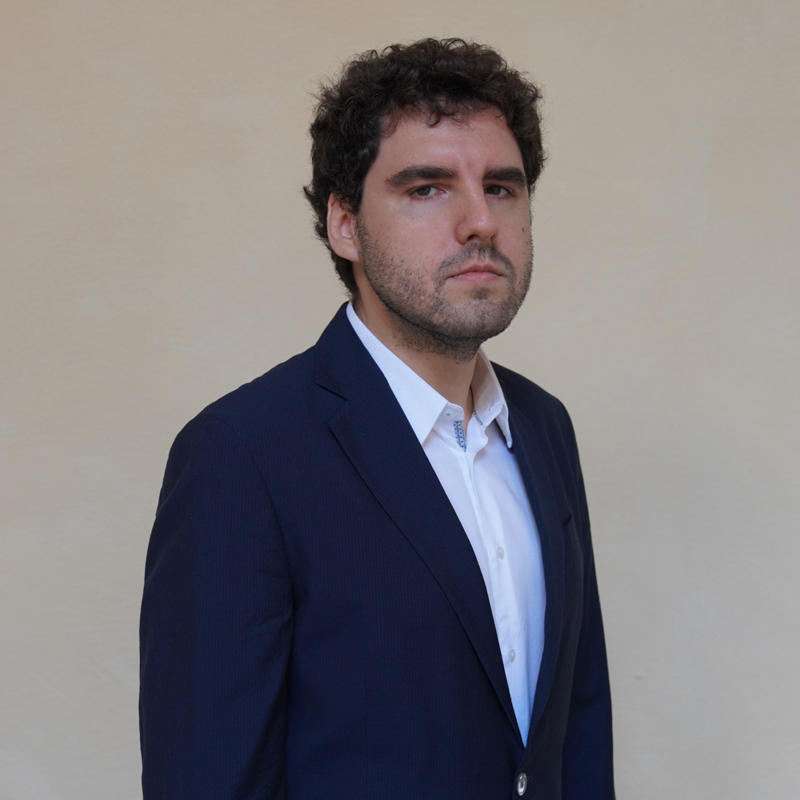
Francisco José Quintana
- Alumni
- Argentina
- 2018 PhD Law
- Pembroke College
Dr Francisco-José Quintana is a Max Weber Fellow at the European University Institute. He also serves as Associate Editor at the European Journal of International Law. Francisco is a legal scholar interested in the politics, history, and theory of international law and global governance. His current research studies the potential of employing regional frameworks as leverage for international legal change in the interests of the Global South. This project builds on his doctoral research on the history of human rights in Latin American international legal thought, which he is developing into a book.
Francisco’s work has appeared or is forthcoming in multiple edited volumes and journals including the European Journal of International Law, the American Journal of International Law, and the Journal of the History of International Law. He has recently co-edited the special issue ‘Bogotá at 75’, forthcoming in the Journal of the History of International Law (2024).
Francisco holds a PhD in Law from the University of Cambridge (approved without corrections), an LL.M. from Harvard Law School (where he obtained two Dean’s Scholar prizes), an LLM in Public International Law from the London School of Economics and Political Science (with distinction), and a Degree in Law (Abogacía) from Universidad Torcuato Di Tella (UTDT). He was previously a Research Associate at the Geneva Graduate Institute and a fixed-term Lecturer at UTDT, and has also taught at other universities including Cambridge. Francisco has been a Gates Cambridge Scholar, a Chevening Scholar, a Fulbright Scholar, and a De Fortabat Fellow.
Previous Education
London School of Economics & Political Science
Harvard University
Kiran Rachuri
- Alumni
- India
- 2009 PhD Computer Science
- St John's College

Kiran Rachuri
- Alumni
- India
- 2009 PhD Computer Science
- St John's College
I work in the domain of smart phone based sensing systems. Modern mobile phones are equipped with many sensors like accelerometer, camera, GPS, microphone etc. and they can be used to capture various details about users automatically like accelerometer can be used to infer activity, Bluetooth to detect colocation, GPS to infer location, microphone to infer speech/noise. Mobile phone based sensing systems find applications in many domains such as social psychology, health care, and navigation systems. However, since mobile phones are battery-powered, continuous sensing from the sensors leads to faster depletion of the phone battery. My research is on energy efficiency of the smart phone based sensing systems.
Zoltan Radnai
- Alumni
- Hungary
- 2002 PhD Physics
- Trinity College

Zoltan Radnai
- Alumni
- Hungary
- 2002 PhD Physics
- Trinity College
p bio
Previous Education
University of Cambridge MSc Natural Science, BS Natural Science 2002








